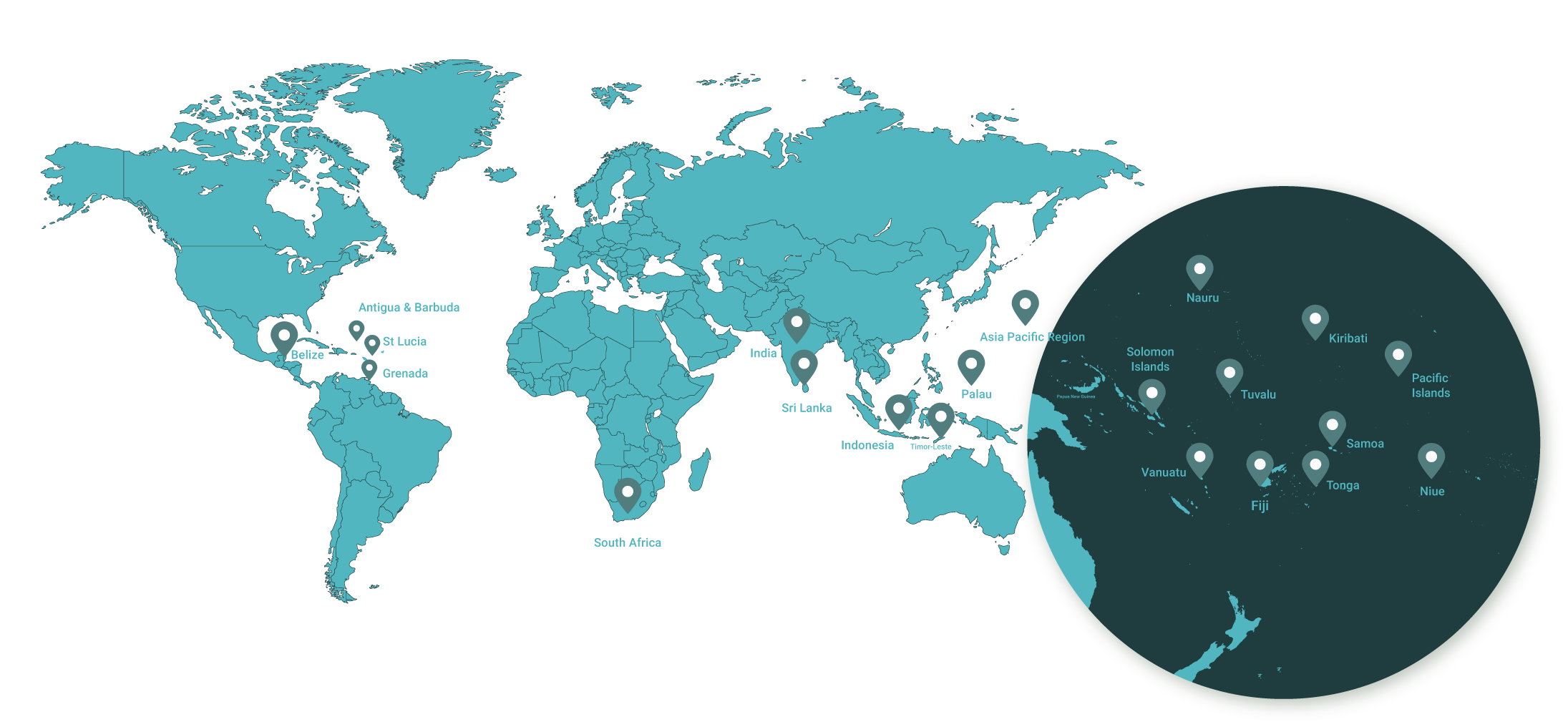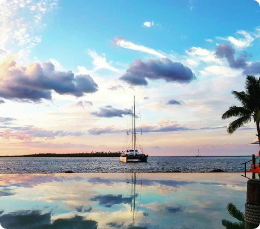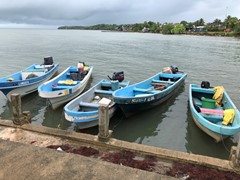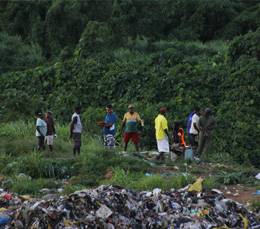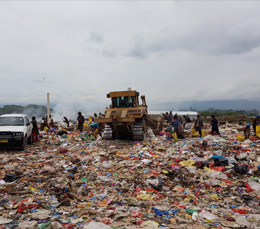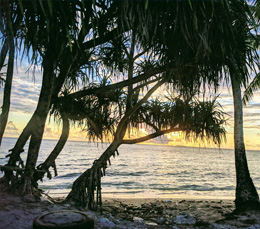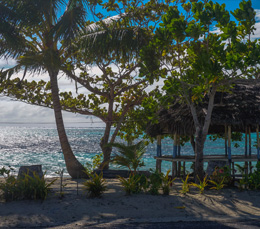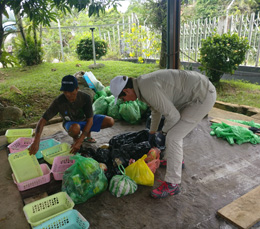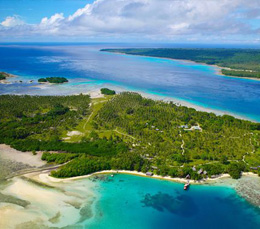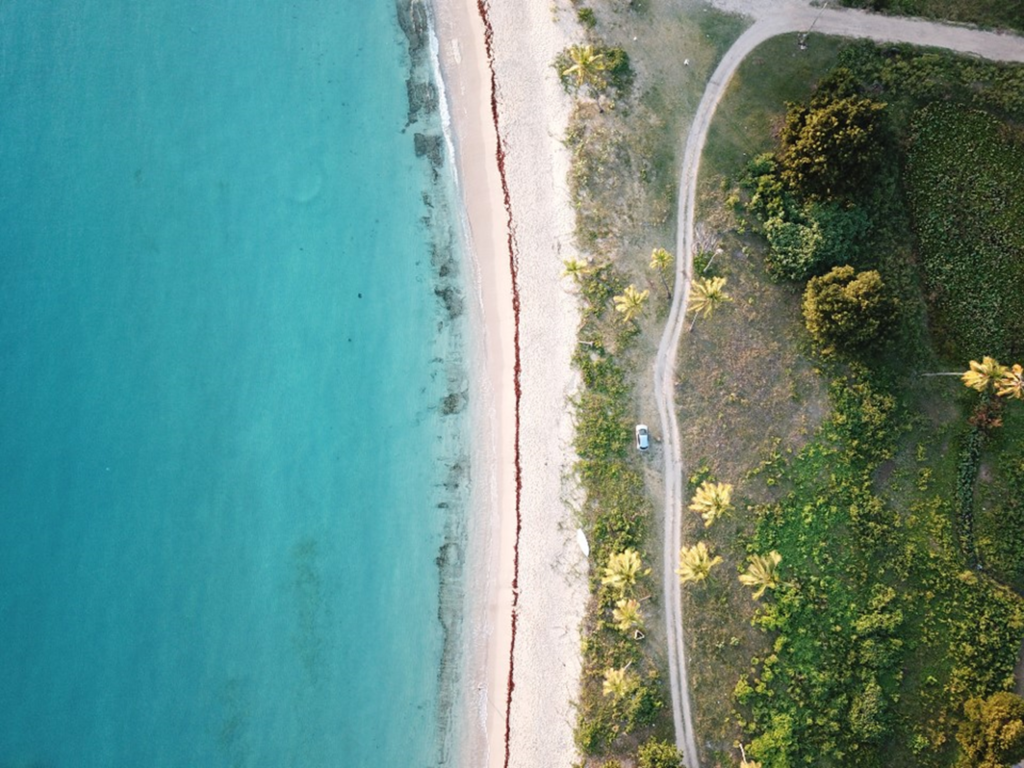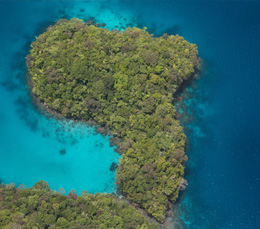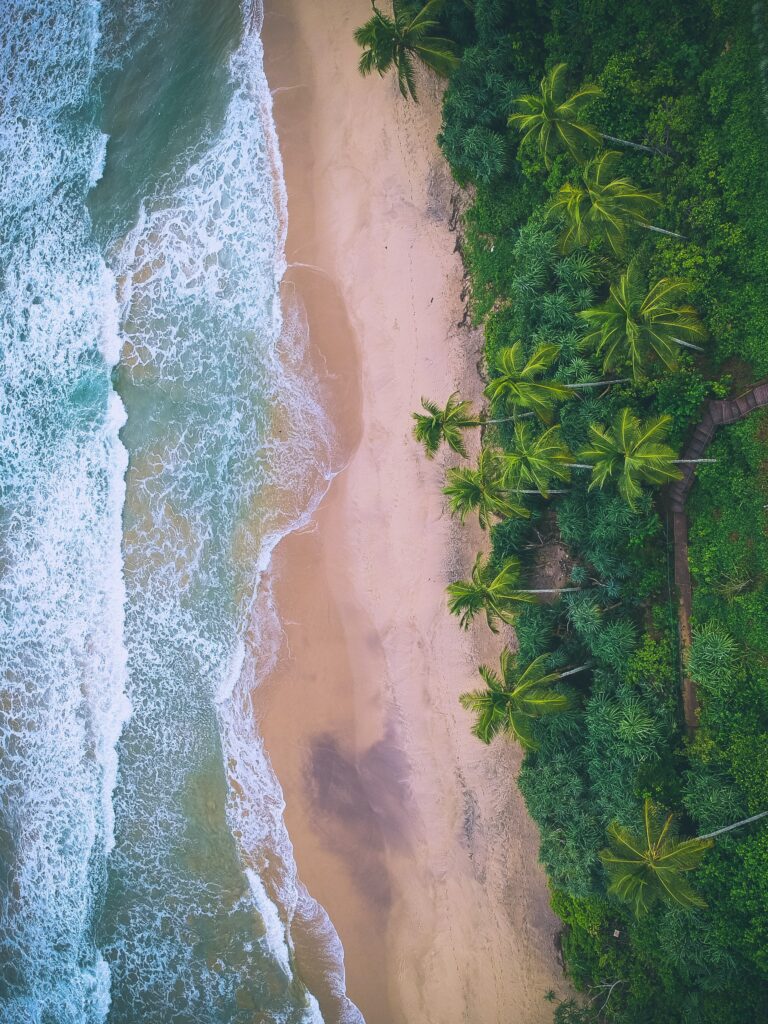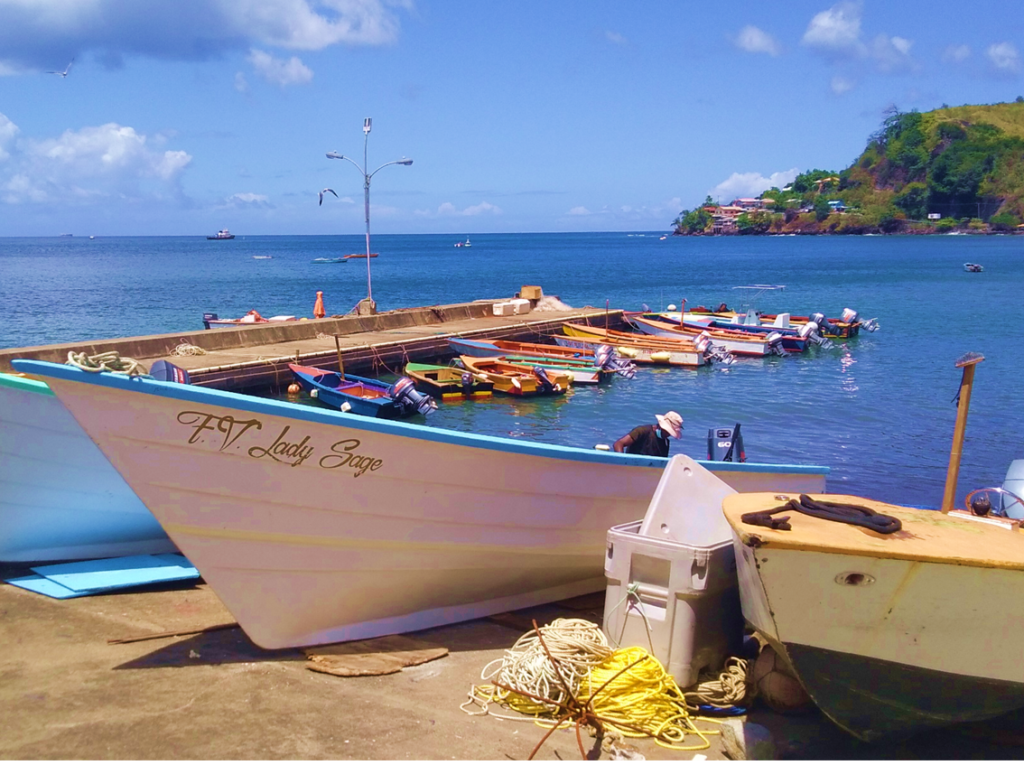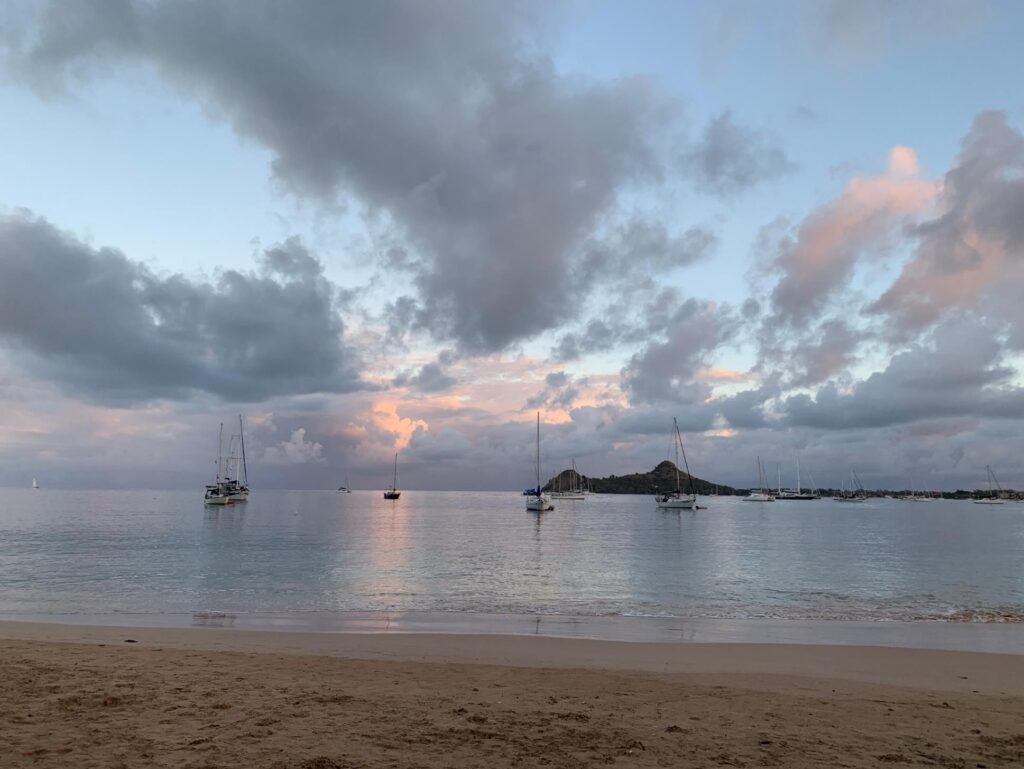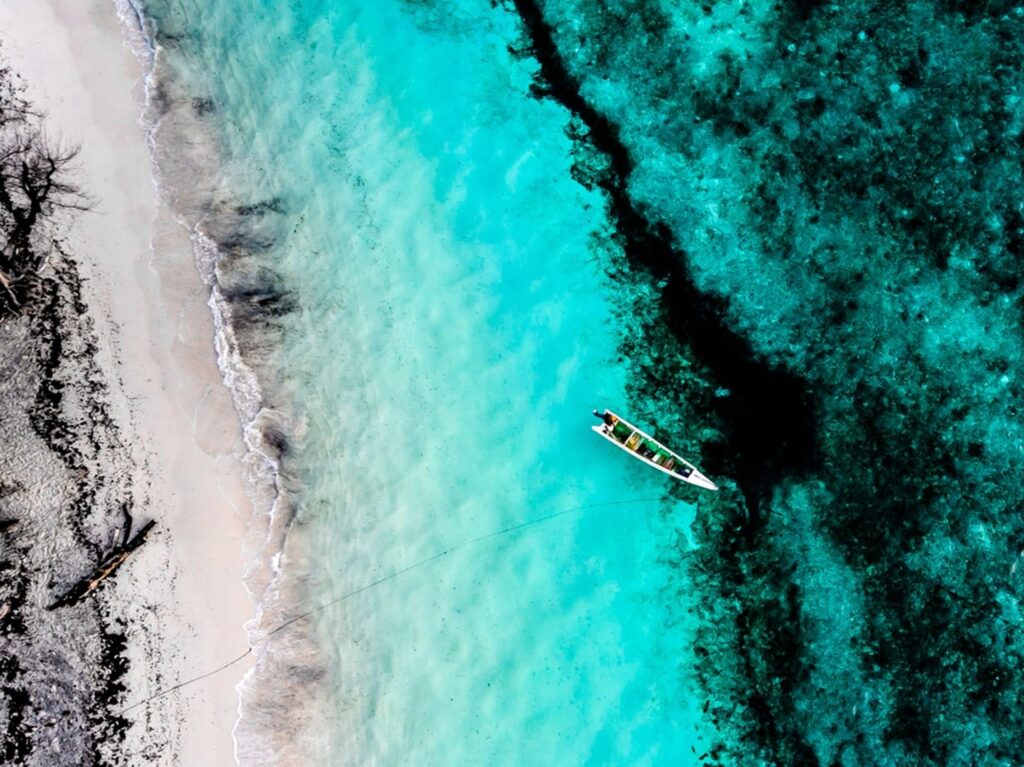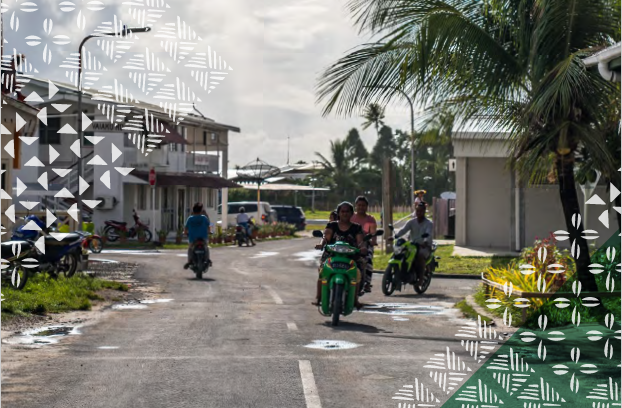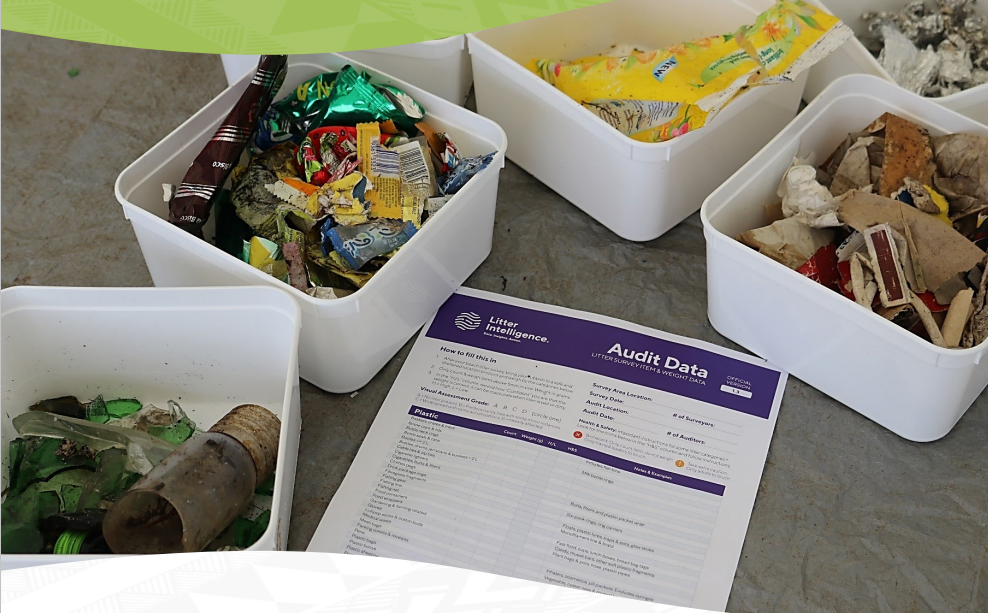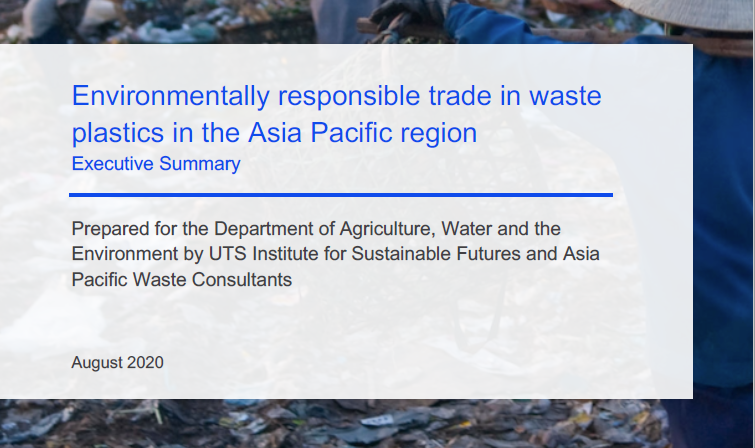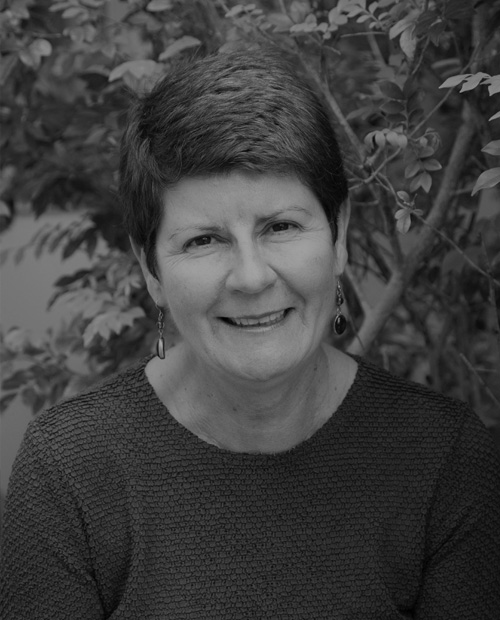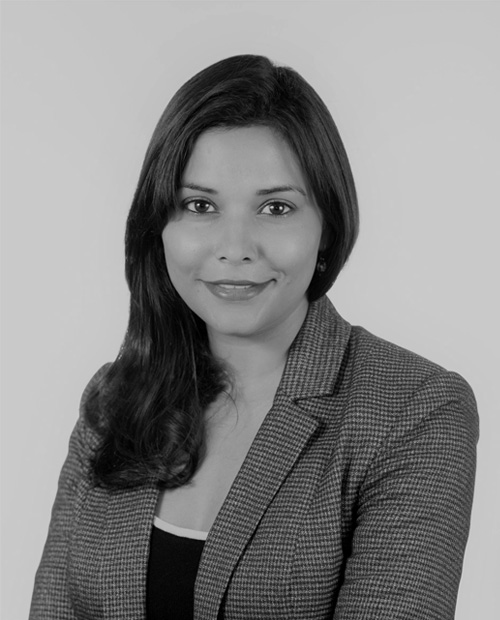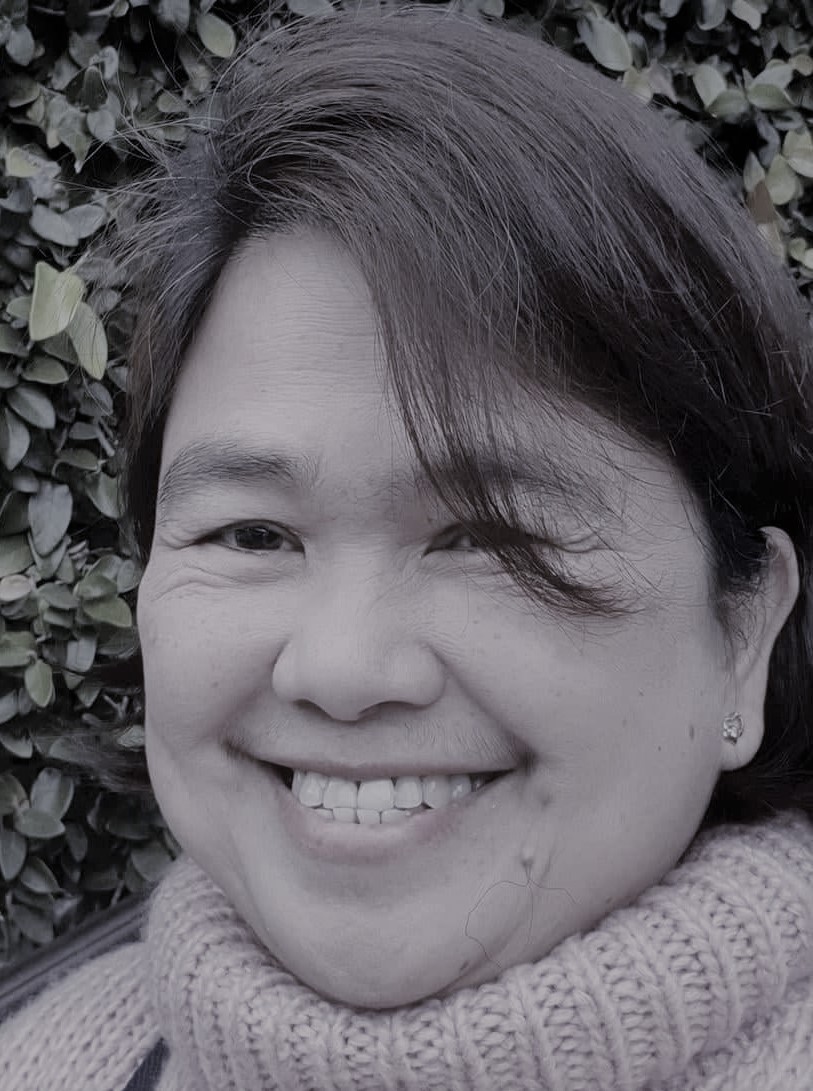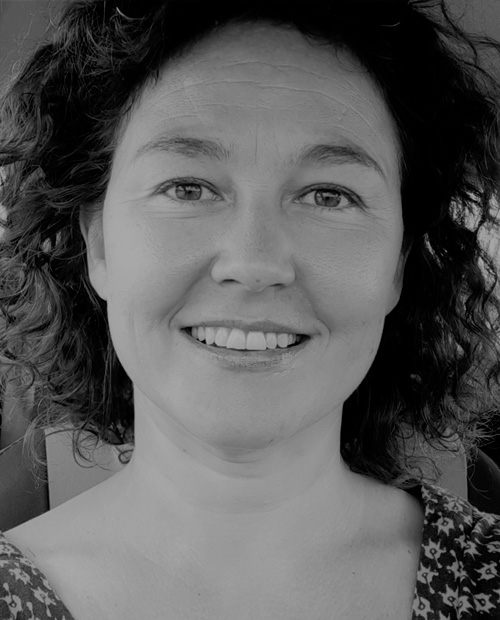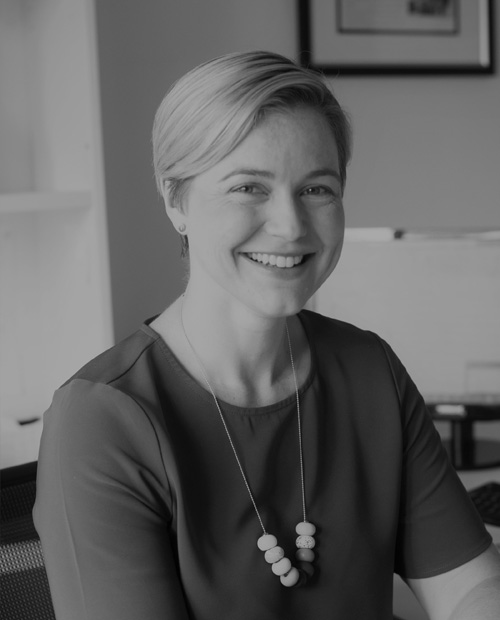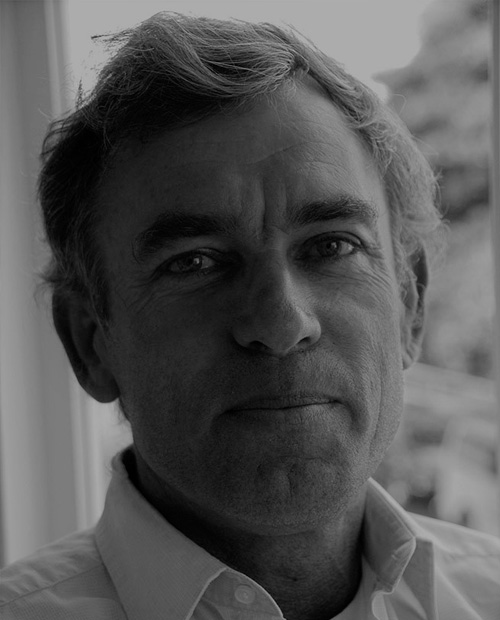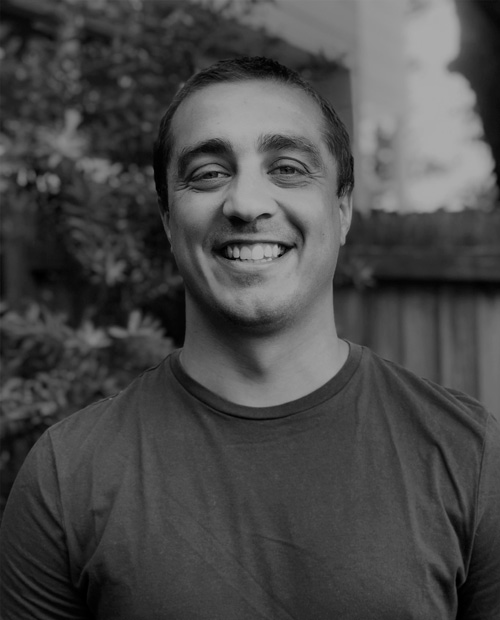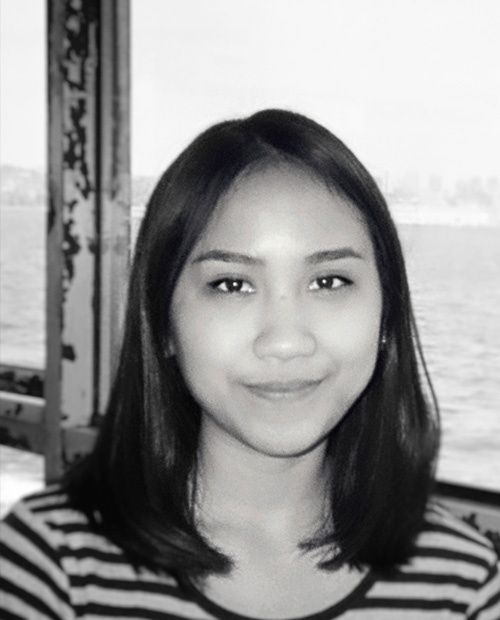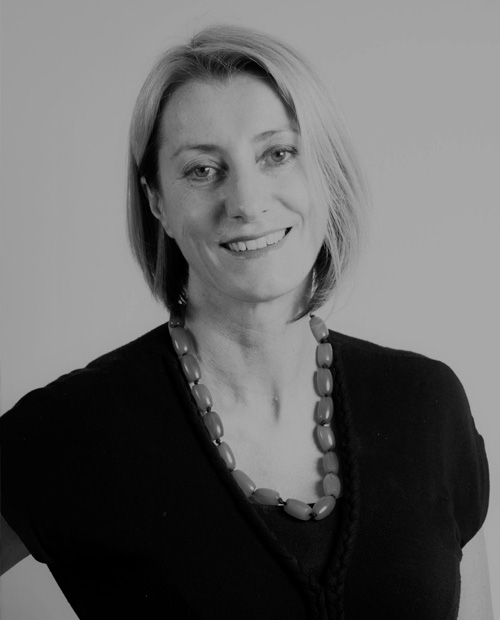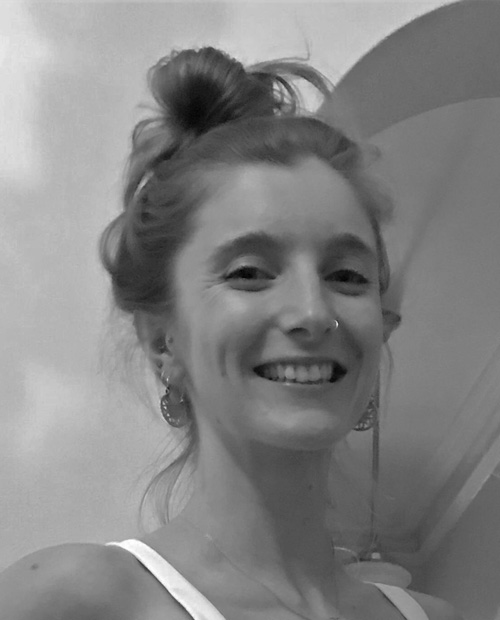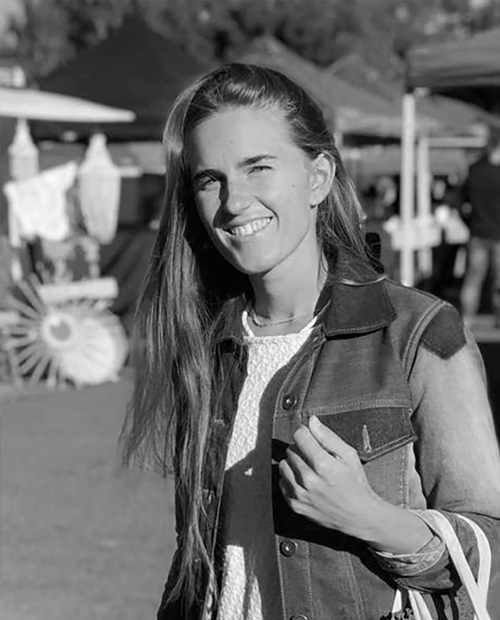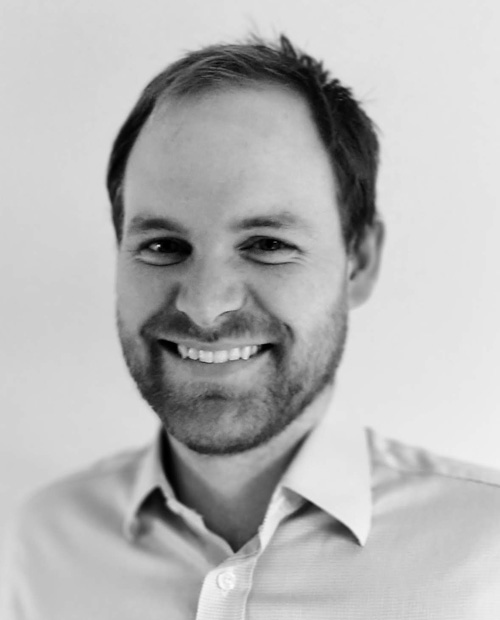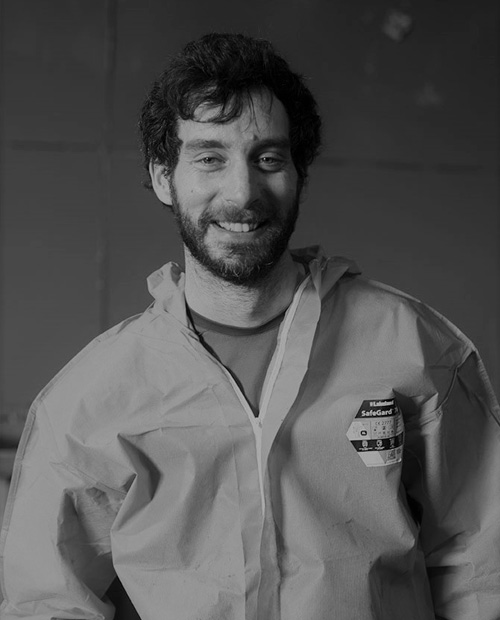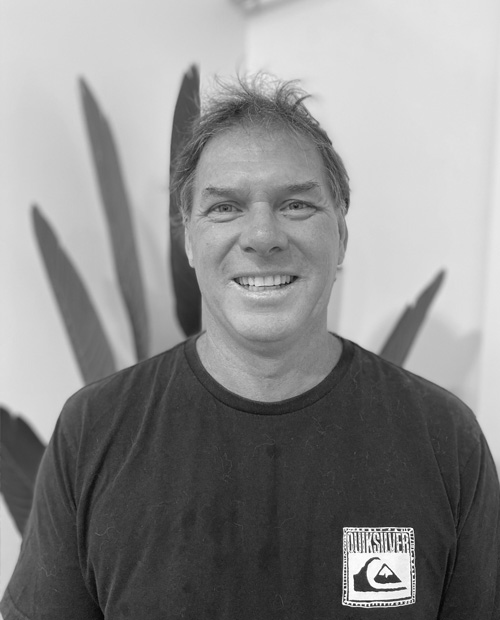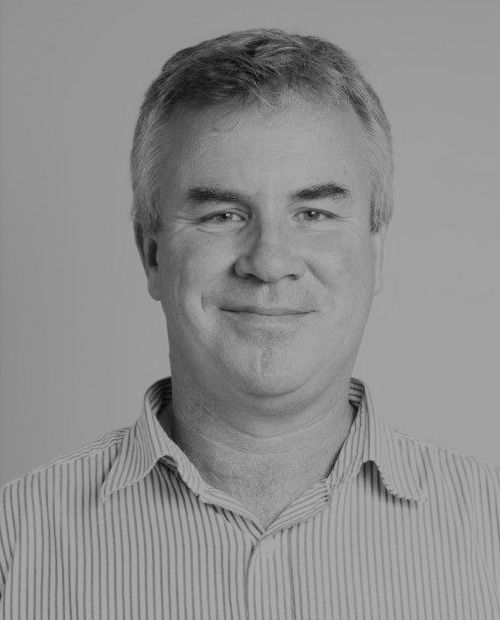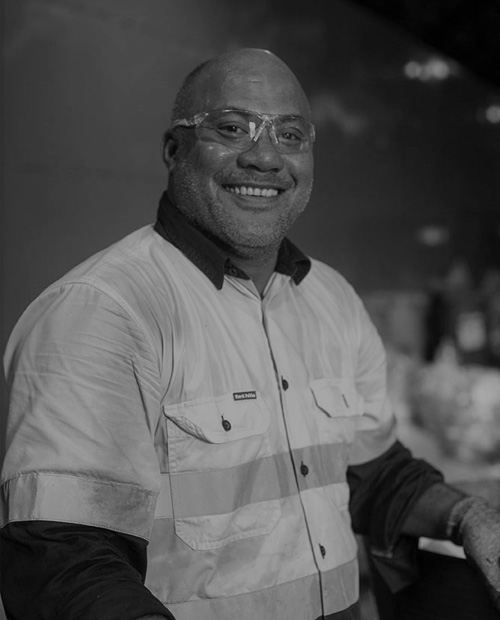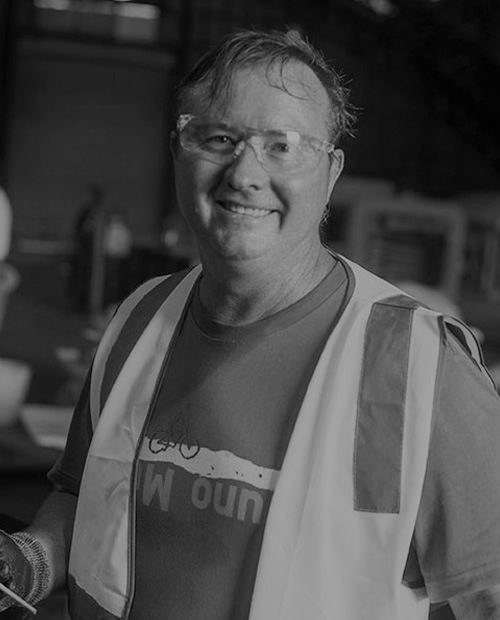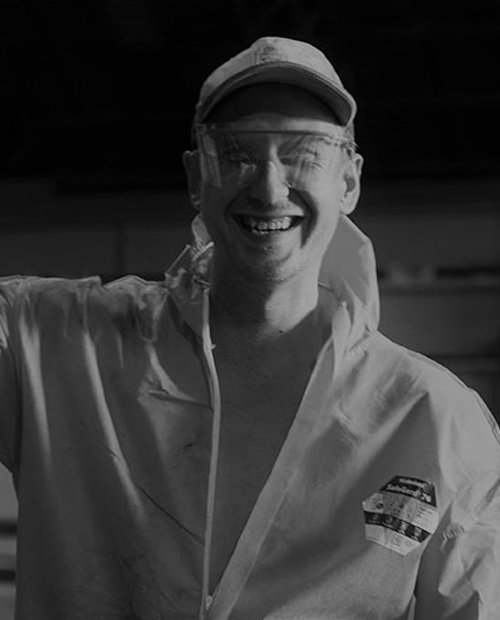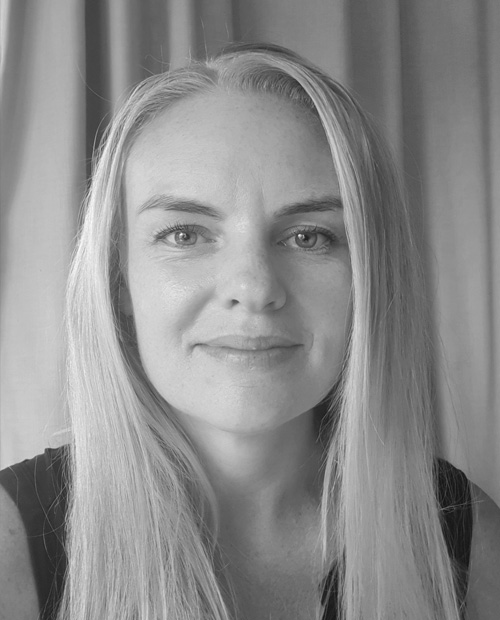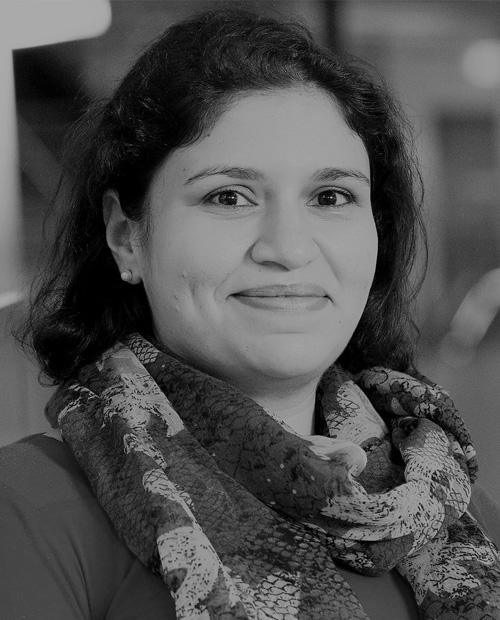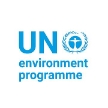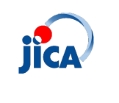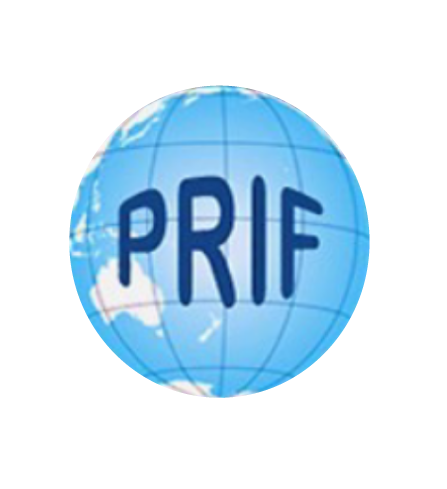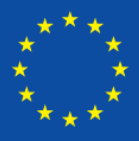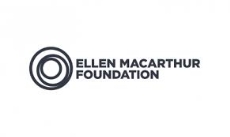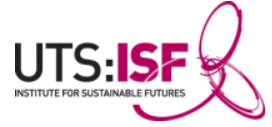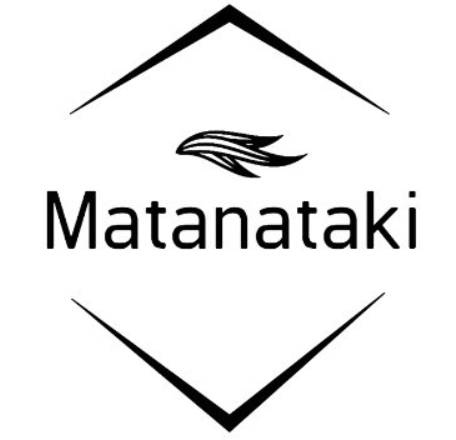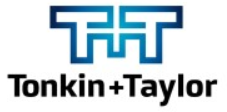Vanuatu
Technical Assistance to support the development of Advanced Recovery Deposit & Fee Legislation for Kiribati, Nauru, Niue, Solomon Islands and Vanuatu
Sustainable financing systems such as Advance Recovery Deposit & Fee legislation is seen by countries in the Pacific as a solution for long-term management of these low-value recyclable materials by providing financial security for the recovery, dismantling, sorting, packing and shipment of materials to recovery and recycling markets. Advance Recovery Deposit & Fee legislation is building on from the success of Container Deposit /Waste Levy systems currently operating in five Pacific countries. In addition to beverage containers, Advance Recovery Fee and Deposit systems allow for the inclusion of other problematic items – such as vehicles, whiteware, solar batteries, etc. This assignment seeks to provide required information and legislative assistance to develop and implement an Advance Recovery Deposit & Fee system in Kiribati, Nauru, Niue, the Solomon Islands, and Vanuatu.
APWC led the development of the feasibility study components in Kiribati, Solomon Islands and Vanuatu and reviewed the study components in Nauru and Nuie. The work included:
- Working with country stakeholders to choose the materials that are most suitable for inclusion in an ARDF system
- Working with economists and data experts to develop a cost model to estimate levy rates including developing guidance on the split of levy amounts between operator, administrator, and processors
- Developing guidance on the legislative reform that needs to be undertaken to ensure an appropriate legal framework is in place for imposition of a levy, management and disbursement of funds
- Developing the options available to the country for the successful operation of the scheme.
Landfill Audit
AAPWC, in collaboration with Tonkin & Taylor undertook a follow up audit for landfills in Vanuatu using the methodology "Waste audits in SIDS: A common Approach" written by APWC's project director and adopted jointly by WB, SPREP, UNEP and PRIF. The results will be available on the SPREP website when complete.
Landfill audits were carried out at the Bouffa landfill in Vanuatu, including physical audits of bagged waste as per the “Waste audit methodology”. Audits ensured that the categories between other previous/current audits and this audit are aligned to complete a full baseline as per the methodology. Stockpile data collection was undertaken – especially those stockpiles that exist within the recycling sector. Customs (Import, Export) Data was also collected from the Customs department. The final report was limited to the audits and analysis of the Landfill site, stockpiles, and the customs data. This report then forms an addendum to the waste audit reports available from cefas.
Plastic Waste Free Islands
Plastic Waste Free Islands (PWFI) is part of the IUCN global Close the Plastic Tap programme working in six (6) Small Island Developing Sates (SIDS) in the Pacific (Fiji, Vanuatu, Samoa) and Caribbean (Antigua and Barbuda, St Lucia, Grenada) and across three sectors (fishing, tourism and waste management). The expected result of the project is a reduction in plastic waste generation and leakage from SIDs. APWC is currently quantifying, at national level, all inputs and outputs of plastic including imports and exports at national level (tons/year) for each SIDS integrating locally-sourced, field-level data complemented with national data sets and other relevant sources. The data is being used to perform a material flow analysis per sector of plastic by category of plastic, resulting in identification of total amount of plastic waste generated, leakage and plastic stock. Based on the results of the assessments, APWC will provide evidence-based guidance on which to take informed actions to reduce plastic waste across value chains assessed.
Quantification of Land based sources of marine litter
Since April 2018, the United Kingdom and Vanuatu co-chair the Commonwealth Clean Oceans Alliance (CCOA), an initiative to unite countries across the Commonwealth in protecting the marine environment. The Commonwealth Litter Programme (CLiP) supports CCOA in meeting its objectives and was implemented by Cefas (Centre for Environment, Fisheries and Aquaculture Science). In 2018 Cefas engaged APWC to undertake data collection, capacity building and training in two Pacific Island nations: Vanuatu and Solomon Islands. This was followed by similar assignments in Belize and South Africa. APWC undertook a systems approach to data collection to gain an understanding of how, where and what types of waste is generated and managed from a data, policy, infrastructure and capacity context. The APWC data-collection method assessed the amount of waste requiring immediate management, how and possible reasons waste leaked into the environment, and, in conjunction with extensive household interviews, the socio-economic and waste disposal behaviours of residents. In 2019, the results of the study were used by the government of Vanuatu to announce one of the most extensive bans on single use plastics in the Pacific region. In Solomon Islands, a detailed Marine litter and waste management plans were developed by various islands and provinces, a National Marine litter action plan was developed in Belize and data collected was used in various high level meetings in South Africa and is driving collaborations till date.
Port Waste Reception Facilities Audit
Since April 2018, the United Kingdom and Vanuatu co-chair the Commonwealth Clean Oceans Alliance (CCOA), an initiative to unite countries across the Commonwealth in protecting the marine environment. The Commonwealth Litter Programme (CLiP) supports CCOA in meeting its objectives and was implemented by Cefas (Centre for Environment, Fisheries and Aquaculture Science). In 2018 Cefas engaged APWC to undertake Port Waste Reception Facility Audit (PWRF) in two Pacific Island nations: Vanuatu and Solomon Islands. This was followed by similar assignments in Belize and South Africa.
A full Port Waste Reception Facility (PWRF) audit was also undertaken across the four countries that covered all domestic and international ports. The PWRF audit included a review of shipping activity per port to gain an understanding of the status of the acceptance and management of Ship Generated Waste (SGW), engaging with relevant organisations to assess the ship generated waste (SGW), port reception facilities (PRF) and waste reception and handling (WRH) plans for the ports to include all international and domestic arrivals. All types of ship-generated waste and cargo residues originating from ships visiting the ports were audited and reviewed whether the waste disposal facilities were deemed suitable according to the size of the ports and the types of ships frequenting the ports. A series of recommendations to improve waste reception facilities and better management of waste from the maritime sector including fisheries and tourism were provided.
Training needs analysis, capacity building and training
Since April 2018, the United Kingdom and Vanuatu co-chair the Commonwealth Clean Oceans Alliance (CCOA), an initiative to unite countries across the Commonwealth in protecting the marine environment. The Commonwealth Litter Programme (CLiP) supports CCOA in meeting its objectives and was implemented by Cefas (Centre for Environment, Fisheries and Aquaculture Science). In 2018 Cefas engaged APWC to undertake training needs analysis, capacity building and training in two Pacific Island nations: Vanuatu and Solomon Islands. In 2018 Cefas engaged APWC to undertake data collection to quantify land based sources of marine litter, undertake port waste reception facilities audit, capacity building and training in two Pacific Island nations: Vanuatu and Solomon Island.
A review was completed in both Solomon Islands and Vanuatu with the following focus areas:
- Monitoring and reporting (including waste volumes, composition and management
- Waste disposal site improvement, operation and maintenance in accordance with best practices
- Organic waste management
- E-waste management
- Litigation, enforcement, compliance, monitoring and prosecution of waste legislation.
National training was then delivered according to international standards to the involved organisations and departments to improve national monitoring, compliance, and reporting programmes.
